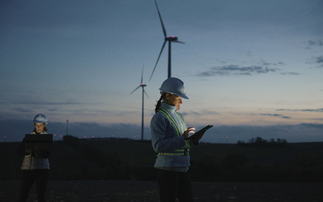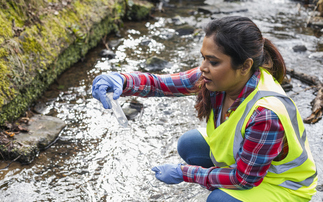Are environmental labelling and information schemes driving eco-innovation - and better business?
Environmental labelling and management schemes first appeared in the 1970s and many corporations now see green labelling as a key part of marketing strategy. But are environmental labelling and information...
To continue reading this article...
Join BusinessGreen
In just a few clicks you can start your free BusinessGreen Lite membership for 12 months, providing you access to:
- Three complimentary articles per month covering the latest real-time news, analysis, and opinion from Europe’s leading source of information on the Green economy and business
- Receive important and breaking news stories via our daily news alert
- Our weekly newsletter with the best of the week’s green business news and analysis







